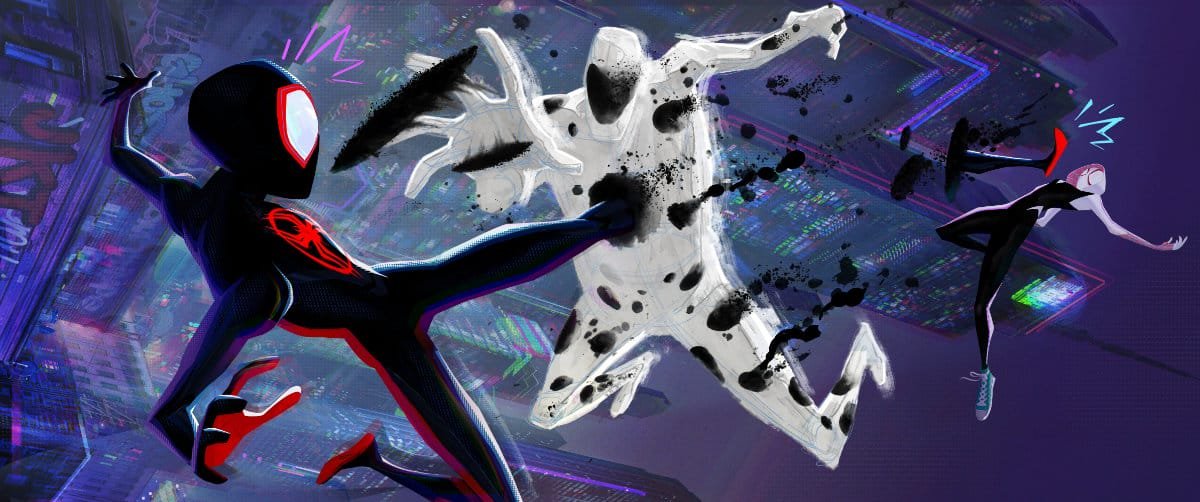Sony Pictures Entertainment is embracing artificial intelligence (AI) to streamline film and television production and reduce costs. CEO Tony Vinciquerra recently emphasized the company’s focus on using AI to produce movies and shows more efficiently, potentially impacting areas like animation, visual effects, and post-production.
SPE’s AI Strategy
Sony Pictures Entertainment’s AI strategy aims to harness the technology’s potential to make film and television production more cost-effective while maintaining creative integrity. CEO Tony Vinciquerra acknowledged that the agreements resulting from recent strikes and ongoing negotiations with unions like IATSE and the Teamsters will shape how AI can be utilized in the industry. Despite these challenges, Sony Pictures remains committed to exploring AI’s capabilities to streamline various aspects of filmmaking, potentially reducing the need for large crews and expediting tasks that traditionally require significant human labor.
AI in Filmmaking Processes
AI has the potential to revolutionize various aspects of the filmmaking process, from animation and visual effects to post-production work. For instance, AI could be used to develop new animation styles, as hinted for the upcoming “Spider-Verse” film. The technology could also aid animators, visual artists, concept artists, and other post-production workers, potentially reducing crew sizes and streamlining workflows. However, the extent to which AI can be implemented in these areas will be defined by the agreements resulting from recent strikes and ongoing negotiations with unions like IATSE and the Teamsters.
Union Pushback and Ethics
The adoption of AI in Hollywood has faced significant pushback from unions and creative professionals concerned about job displacement and the ethical implications of the technology. The recent writers’ and actors’ strikes highlighted these concerns, leading to negotiations that set boundaries on the use of AI in the industry. Voice actors have also filed a lawsuit against the unauthorized use of their work through AI likenesses, while A24 faced backlash for using AI to create posters for its movie “Civil War.” The horror movie “Late Night With The Devil” was boycotted for using AI in its production, further illustrating the controversy surrounding the technology’s integration into filmmaking.
Future of AI in Film
The integration of AI in the film industry is expected to bring about significant changes in the coming years. DreamWorks founder Jeffrey Katzenberg predicts that AI will cut the cost of animated movies by as much as 90 percent, potentially disrupting the traditional production process that once required hundreds of artists and several years to create a world-class animated film. Despite the concerns surrounding job displacement, some industry professionals, like cinematographer Kathryn Brillhart, emphasize the potential of AI tools to streamline workflows and advance the craft, enabling faster skill acquisition and innovative thinking.As studios like Sony Pictures continue to explore the use of AI in filmmaking, the technology’s impact on the industry is likely to grow. However, the extent of its implementation will be shaped by ongoing negotiations with unions and the evolving landscape of AI ethics in entertainment. The future of AI in film remains a topic of intense debate, with both proponents and critics weighing in on its potential benefits and drawbacks.






